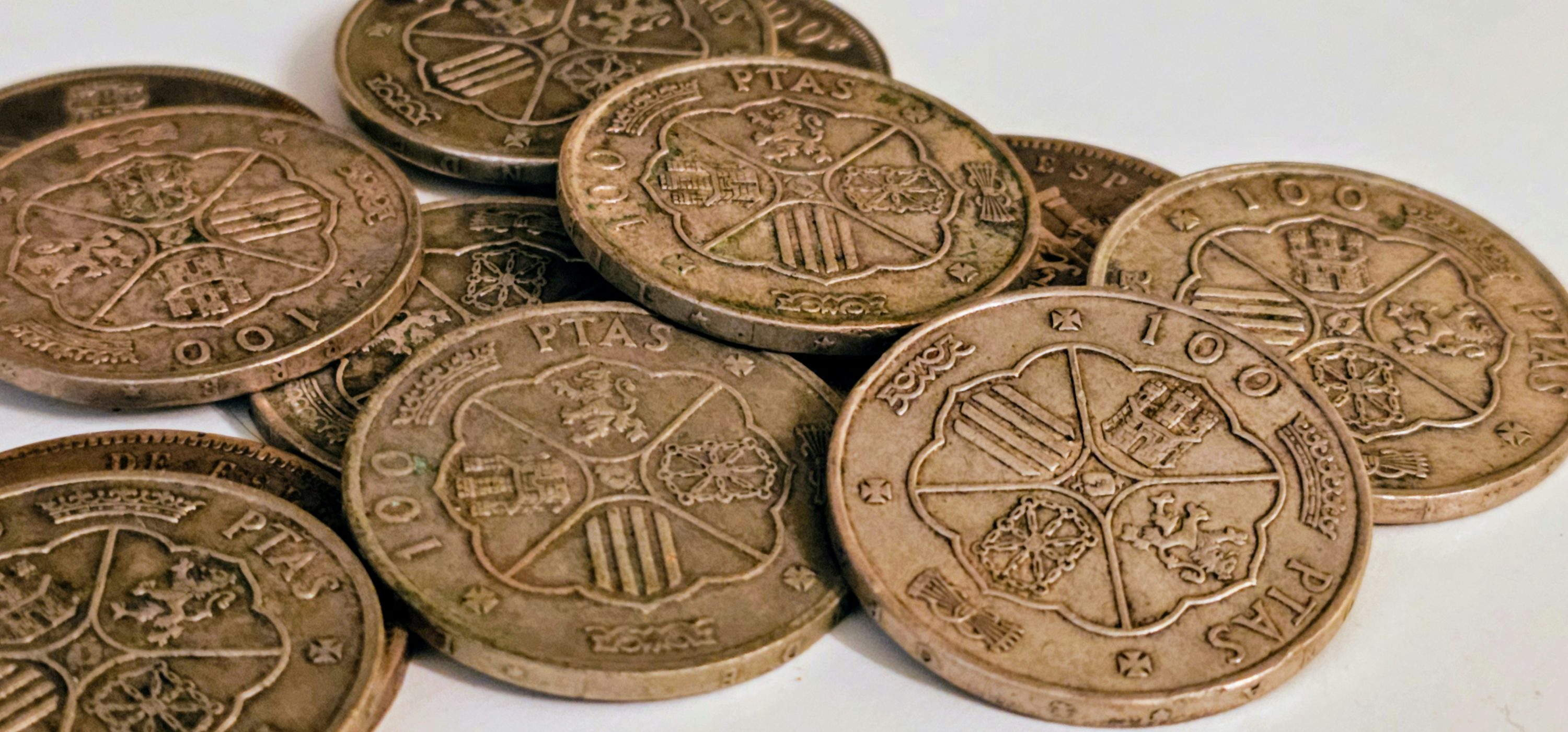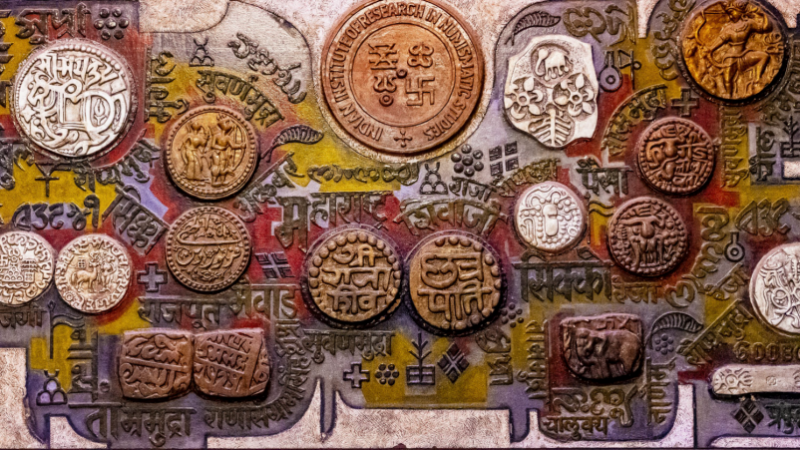In the long river of history, financial bills, like a magic key, quietly opened the door to ancient economic vitality. That seemingly slim piece of paper actually contains huge energy, which can skillfully incite the operation of the whole economic system in long-distance trade and complex economic activities.

In the frequent economic interaction, ancient businessmen and financial institutions carefully constructed the use network of financial bills. When businessmen need to raise funds for long-distance trade, or face the problem of inconvenient currency exchange and carrying in cross-regional business cooperation, financial bills emerge as the times require. They are like flexible ties, connecting scattered economic entities. With the passage of time, the form of bills has become more sophisticated, the printing technology has been continuously improved, and the anti-counterfeiting marks have become increasingly complex, which not only ensures the security of transactions, but also highlights business wisdom and builds a trust foundation for economic exchanges.
At first, the prototype of a financial instrument may be just a simple handwritten debt certificate. When a wealthy businessman or banker lends money to another businessman in need, he will write down key information such as loan amount, interest rate and repayment period on paper, and both parties will sign it as proof of the relationship between creditor's rights and debts. This primitive bill, though simple, alleviated the plight of businessmen's shortage of funds to a certain extent, enabling them to smoothly start their trade journey, transport goods from the place of origin to the place of sale, and promote the circulation of goods.

With the increasing prosperity of commercial activities, the forms and functions of bills are gradually enriched. There is a negotiable instrument, and the holder can transfer it to others to obtain funds or pay. This greatly improves the efficiency of the use of funds, so that funds can flow quickly between different businessmen. For example, a young businessman is in urgent need of funds to buy a batch of precious spices. If he has an existing negotiable bill in his hand, he can transfer it to the spice supplier in exchange for goods, without waiting for the bill to expire before obtaining funds.

The widespread use of financial instruments has also promoted the establishment of a credit system. Bills issued by reputable businessmen and financial institutions are often more popular in the market and can be circulated on more favorable terms. This encourages economic subjects to pay attention to their own credibility and fulfill their commitments on bills on time, so the whole economic environment is more stable and orderly. People's business activities are no longer limited to the narrow scope of cash transactions, but with the help of the power of financial bills, the economic tentacles are extended to a wider region, more resources are integrated, and the unlimited potential of the economy is stimulated. In economically prosperous areas, the bill trading market is extremely active, and all kinds of bills rush like blood in the economic body, injecting a steady stream of vitality into the market and pushing the ancient economy forward steadily in a more prosperous direction. A piece of paper, through carrying credit and financial agreements, performed a series of wonderful wealth dances on the ancient economic stage, profoundly changing the running track of the economy.



